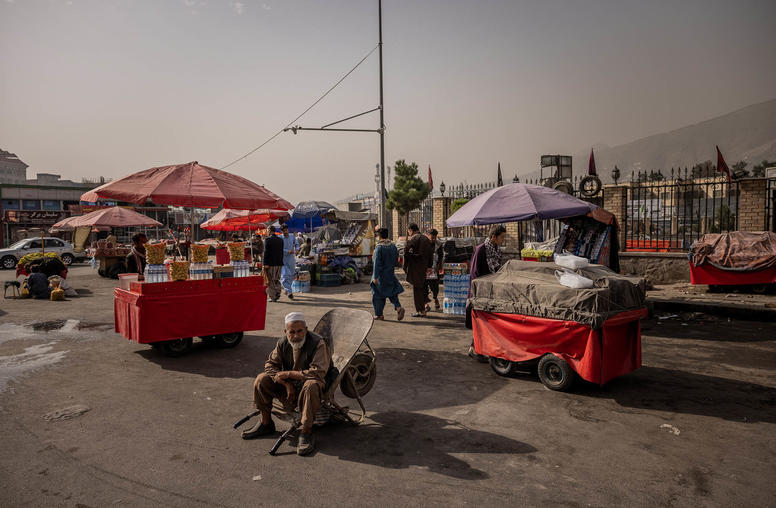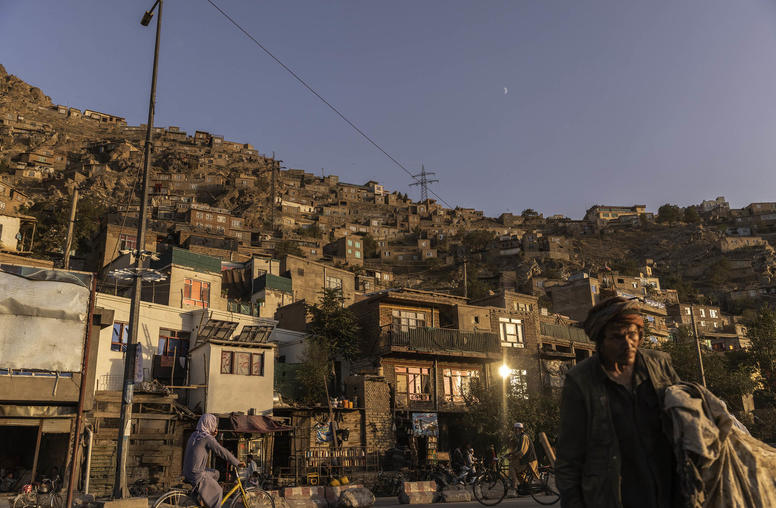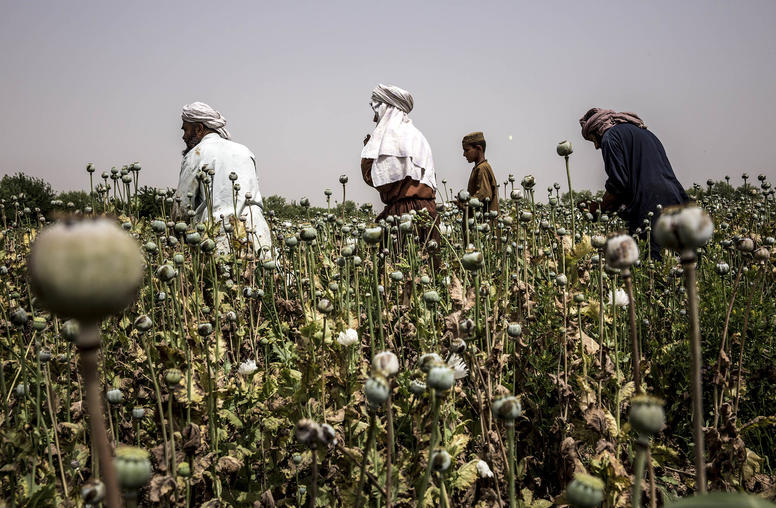William Byrd, Ph.D.
Contact
Please submit all media inquiries to interviews@usip.org or call 202.429.3869.
For all other inquiries, please call 202.457.1700
Dr. William Byrd is a development economist whose academic background includes a doctorate in economics from Harvard University and a master's degree in East Asian Regional Studies from the same institution. He joined USIP in April 2012 as a senior expert, working on Afghanistan.
Dr. Byrd had long experience at the World Bank, where most of his work was country-focused, including China, India, Pakistan and Afghanistan. He lived for significant lengths of time in all of these countries and speaks Dari and Chinese, with some knowledge of other languages. During 2002-2006, he was stationed in Kabul, Afghanistan, where he served as the World Bank’s country manager for Afghanistan and then as economic adviser.
Dr. Byrds' publications include six books on China, other books, and numerous articles, among them several papers on Afghanistan, as well as a number of World Bank reports. Examples include reports on Afghanistan’s economic development, public finance management, economic cooperation in the wider Central Asia region, vulnerabilities to corruption assessments, Afghanistan’s drug industry, and economic incentives and development initiatives to reduce opium production, as well as papers on these topics, security sector reform from a financial and development perspective, and on responding to Afghanistan’s development challenge.




